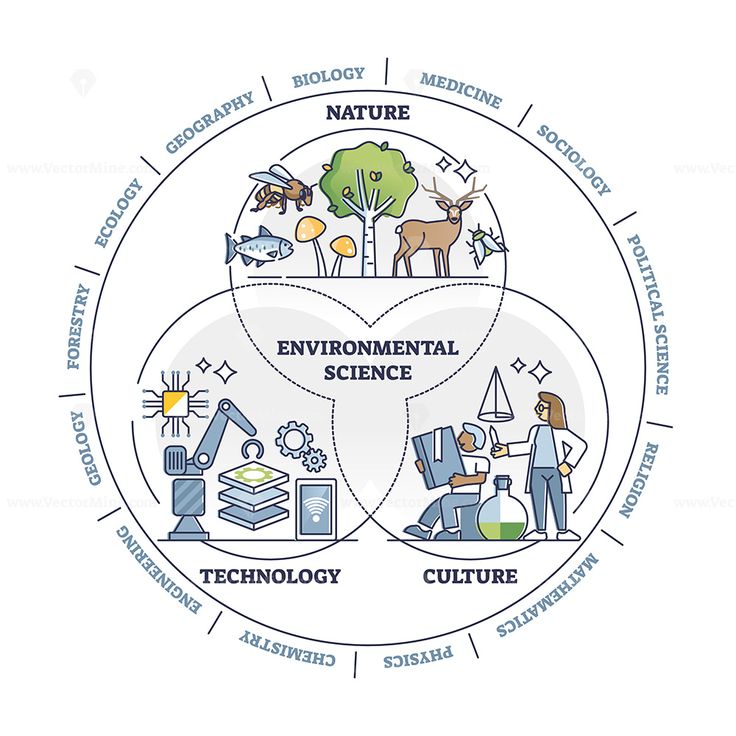Environmental Studies & Education
What are environmental problems? Why do they arise? What kinds of knowledge do we need to explore them? How can we assess environmental impacts? How do we think about solving environmental challenges? In what kind of world do we ultimately want to live?
Environmental education allows individuals to explore environmental issues, engage in problem solving, and take action to improve the environment. As a result, individuals develop a deeper understanding of environmental issues and have the skills to make informed and responsible decisions.
The components of environmental education are:
- Awareness and sensitivity to the environment and environmental challenges
- Knowledge and understanding of the environment and environmental challenges
- Attitudes of concern for the environment and motivation to improve or maintain environmental quality
- Skills to identify and help resolve environmental challenges
- Participation in activities that lead to the resolution of environmental challenges commorant - Copy
Environmental education does not advocate a particular viewpoint or course of action. Rather, environmental education teaches individuals how to weigh various sides of an issue through critical thinking and it enhances their own problem-solving and decision-making skills.

What is Environmental Education? | US EPA
Environmental Studies takes an interdisciplinary and holistic approach to understanding human-environment systems and environmental challenges.

Natural Sciences
- Biology: Ecology, Microbiology, Genetics, Wildlife Biology
- Chemistry: Environmental Chemistry, Toxicology
- Geology: Geomorphology, Hydrogeology, Sedimentology
- Physics: Atmospheric Physics, Meteorology
- Oceanography: Marine Biology, Marine Chemistry
Social Sciences
- Economics: Environmental Economics, Cost-Benefit Analysis
- Sociology: Environmental Sociology, Social Impact Assessment
- Political Science: Environmental Policy, International Environmental Agreements
- Anthropology: Cultural Ecology, Indigenous Knowledge Systems
- Geography: Environmental Geography, GIS
Humanities
- Ethics: Environmental Ethics, Animal Ethics
- Philosophy: Environmental Philosophy, Sustainability Philosophy
- History: Environmental History, Environmental Justice Movements
- Law: Environmental Law, Regulatory Policy
Contact Us
Haverhill City Hall
4 Summer Street
Haverhill MA, 01830
Monday - Friday 8:00 - 4:00
Call Center 311 (within city limits)
(978) 358-1311 (outside the city)
